It is the seat of the oldest Venetian confraternity built around the 8th century as a sign of devotion to the first patron saint of the city of Venice. Two minutes from the Rialto Bridge, in its spaces, it hosts congresses, conferences, exhibitions and in the evening the concerts of the I Musici Veneziani orchestra.
The Scuola Grande di San Teodoro is part of a very old tradition. In the eighth century, in a small church, where the Basilica of San Marco is located today, a brotherhood was founded and dedicated to the saint who became the city patron. In 828, the Serenissima Republic, following the policy of detachment from the Byzantine sphere of influence, to St. Theodor, replaced St. Theodor with St. Mark, whose body was brought to Venice from Alexandria, Egypt, that year. As a result, our brotherhood was dissolved. The reconstruction of the association at the Augustinian fathers of San Salvador dates to the 1st March 1258. The fathers, in fact, granted a small room to be used as a seat for meetings, five burials in the cloister and an altar in the church consecrated to the saint. In exchange, the brothers paid three ducats a year to the convent.
The sources prove that in 1261 the remains of San Teodoro were moved to Venice from Constantinople. These relics were, with great solemnity, placed in an urn on the altar of the Scuola in the church of San Salvador. The brothers committed themselves to decorate and illuminate the chapel dedicated to their protector.
The activities of the School were gradually becoming more and more characterized by particular attention and propensity to the poor’s welfare. Due to this specificity, over the years, the number of members, some of whom were very influential, increased to such an extent that the confraternity acquired a new status in the city. Its prestige increased in 1434, when Pope Eugene IV granted seven years of indulgence to those who would pray at the altar of San Teodoro, and even more so, when, in 1448, another Pope, Nicholas V, confirmed the indulgence for those who visited the chapel on 6th August, the day of the S.S. Salvatore, and on 9th November, the day of San Teodoro. Two years later, on 12th October 1450, the Senate recognized San Teodoro as the patron saint of Venice again, together with San Marco, decreeing a day of obligation on the day of his anniversary. In 1552 the Scuola was raised to the dignity of the “Grande”.
The majority of the brothers were merchants and artisans, and the composition of the members remained unaltered throughout the long course of its history. Originally, the charitable activities of the Scuola consisted of offering soup to the poor on holidays, and the brothers themselves were responsible for preparing the food. In the early sixteenth century, in the church of San Salvador, the Augustinian Fathers were succeeded by the Canonici Regolari who decided to enlarge and modify their church. The project, attributed to Jacopo Sansovino, involved the expansion towards the “campo” and the demolition of the altar of the Scuola. At the time, the body of the saint was kept in the sacristy. That arrangement should have been temporary yet, once the work was finished, the fathers refused to return the altar and the body of the saint into the church. After a lengthy dispute, in 1574, the official redelivery of the church altar and the venerated relic eventually took place. However, it was not the current altar (to the right of the main altar), but the one on the left owned by the Gritti family.


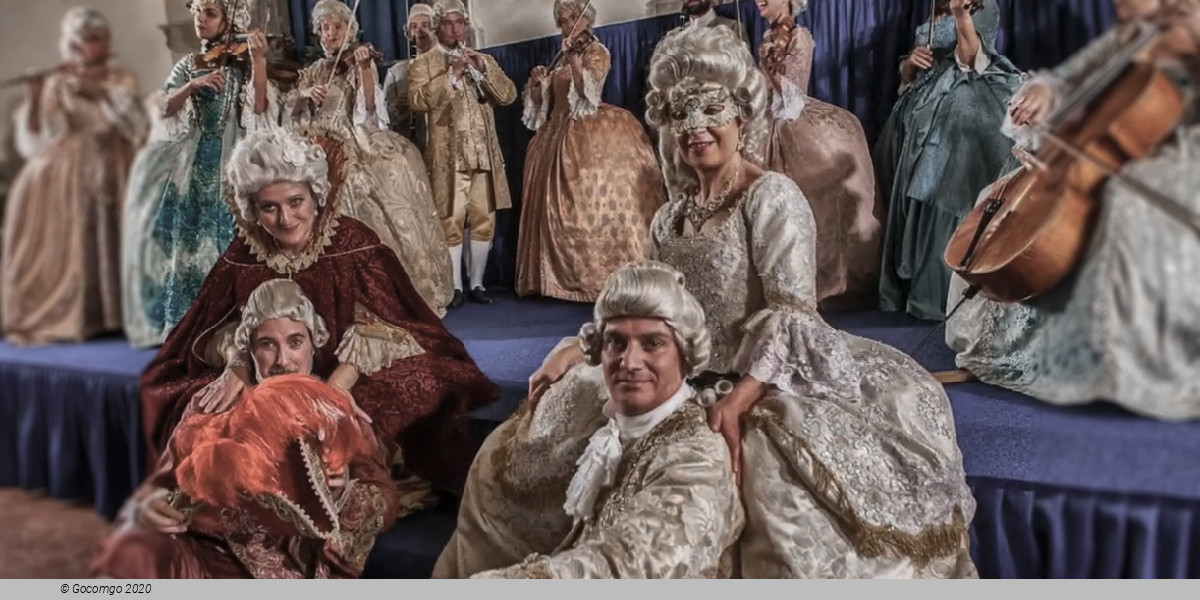
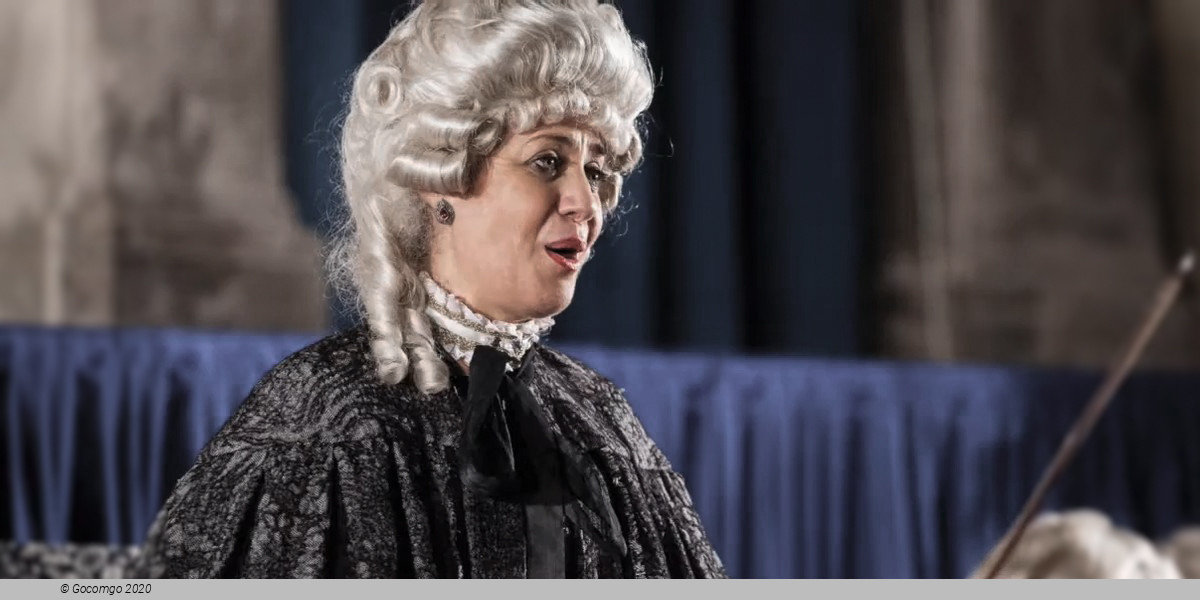
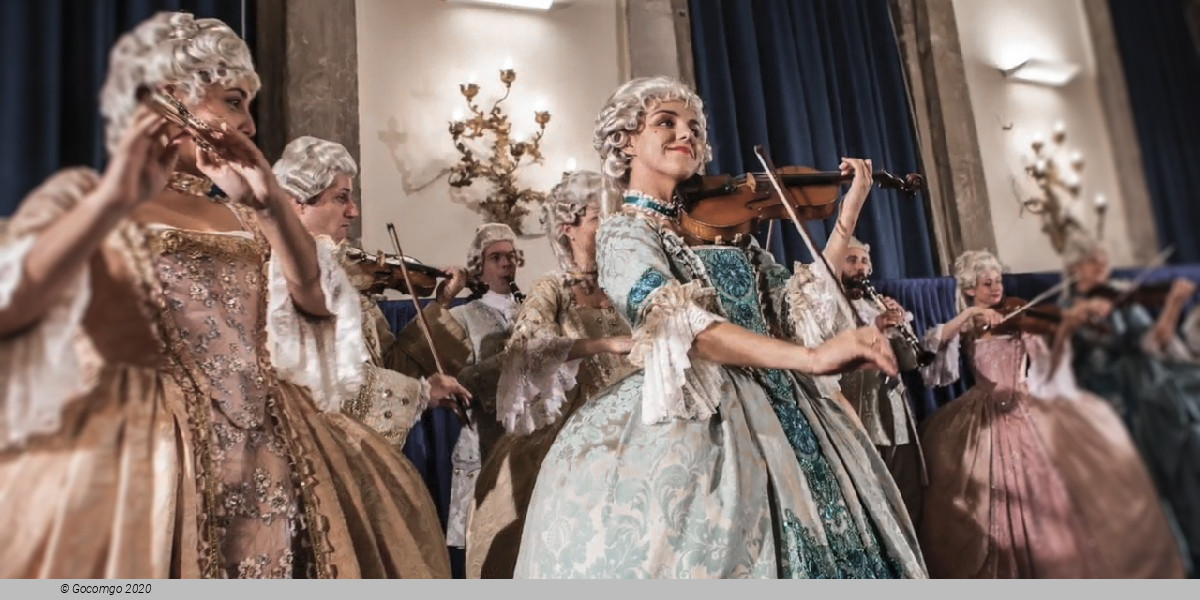
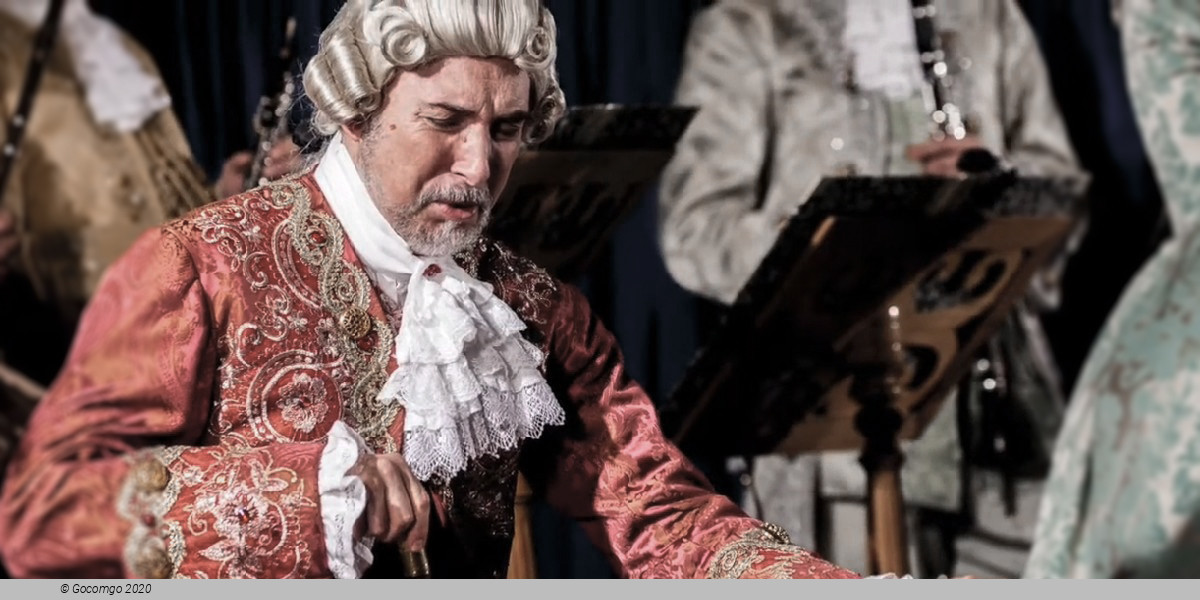
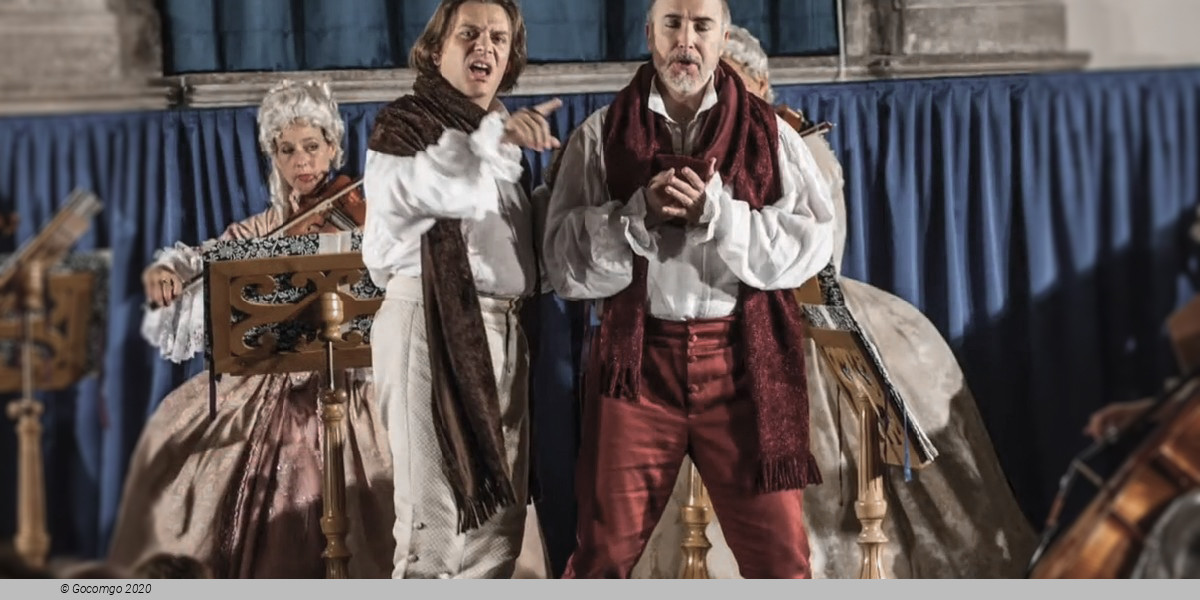
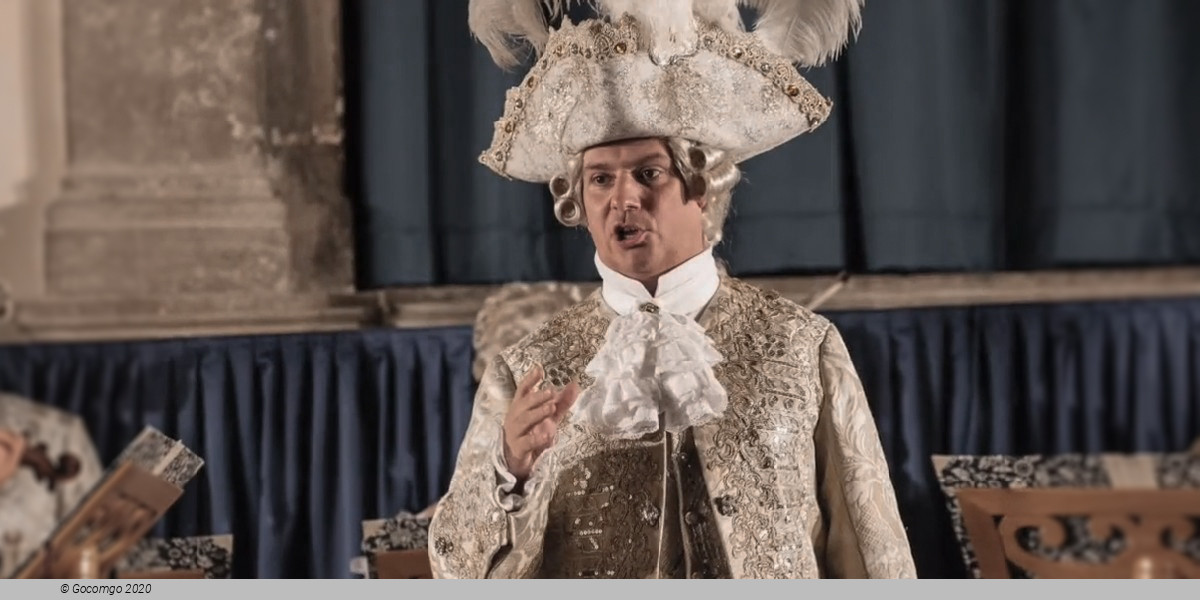
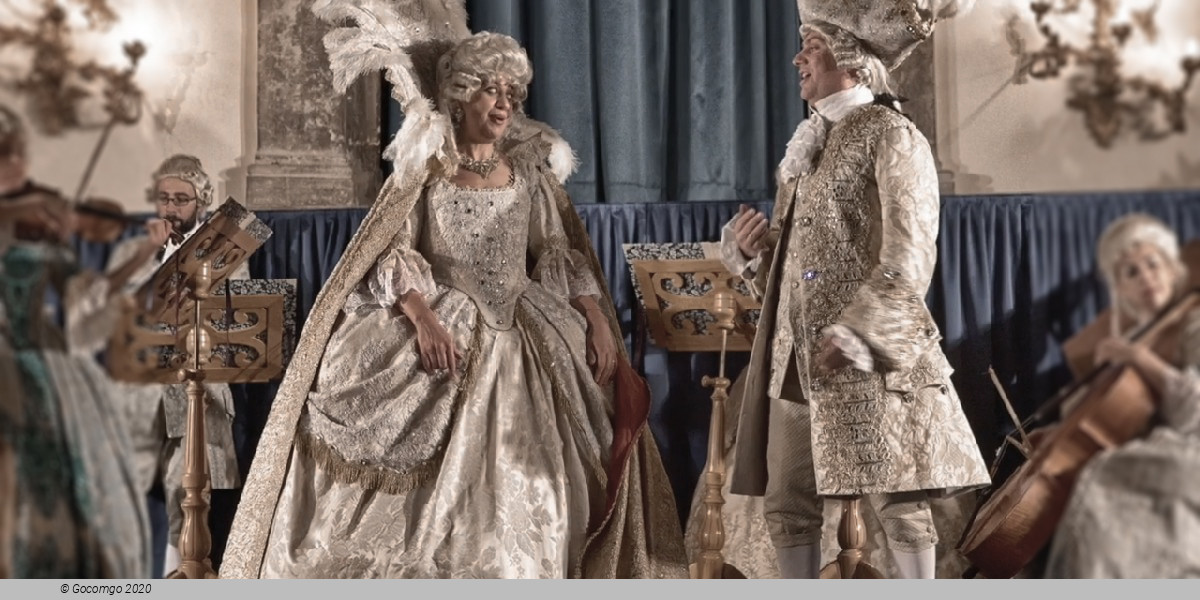
 San Marco, 4810
San Marco, 4810